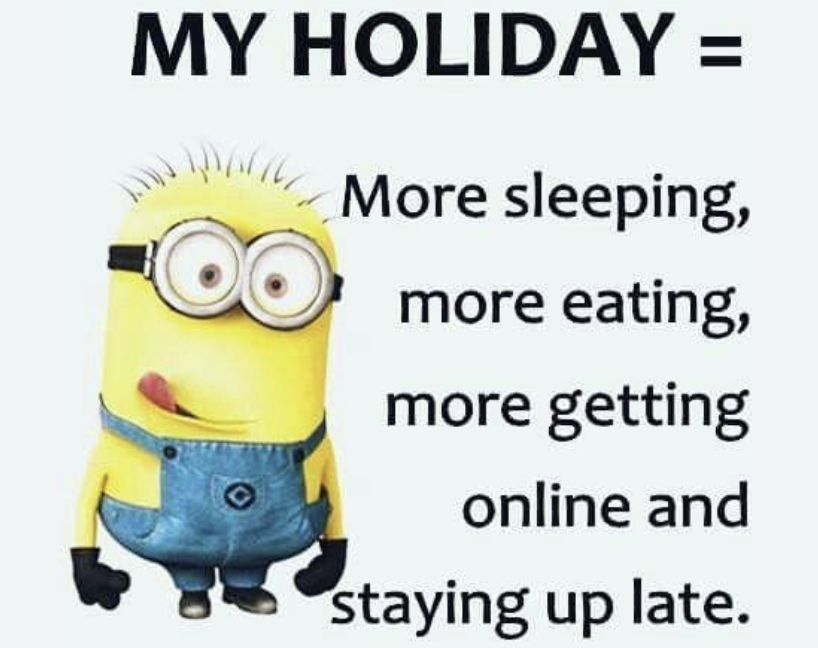9 Enterprise 1
Section outline
-

Hi 9ENT3 2024 students,The logo in the photo is of an NZ social enterprise.
Do you know which one? Can you find out?
What makes it a social enterprise?Outline of topics
- Team building - stages in forming a high performing team
- Social Enterprise - what is it and why? Run a social enterprise.
- Curiosity - generating questions with the question grid
- Entrepreneurs - skills & attributes for success
- Manage finances & create a budget
- Market a product or service.Email me at isuckling@mhjc.school.nz if you have questions about any part of the course.
You can also find me in Mountains Whanau any time.
Mr Suckling :)
From the NZ Curriculum:
Main Achievement Objective:
- Understand how people seek economic growth through business, enterprise, and innovation.Other Achievement Objectives:- Understand how economic decisions impact people, communities, and nations.
- Understand how people’s management of resources impacts environmental and social sustainability.
- Understand how cultural interaction impacts cultures and societies.
- Understand systems of government in NZ & elsewhere, and how they affect people’s lives. -
Learning Intentions:

- Consider how to build a team (not just a group)
- Understand that diversity in a team is a strength
- Identify the outcomes we want from the courseSuccess Criteria:
- We all know each other's names!- We solved problems with various students.
Activity:
Imagine your small group is a project team at a Human Resources firm.
A client (Mr Suckling) wants a 20 minute 'product' that will help him and his 9ENT students learn the names and Whanau of every student in the class.
You must bid for the work against other groups.
The 'Brief':
- The 'product' must be fun, simple and certain to be effective (ie everyone knows everyone's name).
- The 'product' can be a document, activities, memory tool, etc.
- If successful in the tender process, the class will use your 'product' to learn students' names and Whanau.
- Time is short. You have:
- 20 minutes to design the product;
- 1 minute to pitch to the client;
- 20 minutes to deliver the product (if your bid is successful).
Results of the tender process:
A summary of the 'scary teams' and their product ideas is:- Team Harjan, Anshiv, ?, ?: team running tag and say name of next person. Price 4 biscuits.- Team Jordana, Ziyaan, Abhijot: In a circle, 1 person blindfolded & points to another. Price $500- Team Neehal, Isabella, Mergan: Idea uncertain?? Price $1000- Team Cooper, Ahmed, ?, ?: Pick a random flashcard with a name and point to the person. Price $1.20- Team VVS, ?, ?: Play tag, can't be tagged unless your name is stated by the tagger. Price $150.- Team Ami, ?, ?: In a circle, 1st person says the names of those either side of them, and so on. No price given.- Team Serafina, Sayjal, ?:- Team Alfred, Beatrix, Micha, ?, ?, ?: In a circle, 1st person says their name, next says the 1st name AND theirs, and so on. No price given.And the winner is . . . .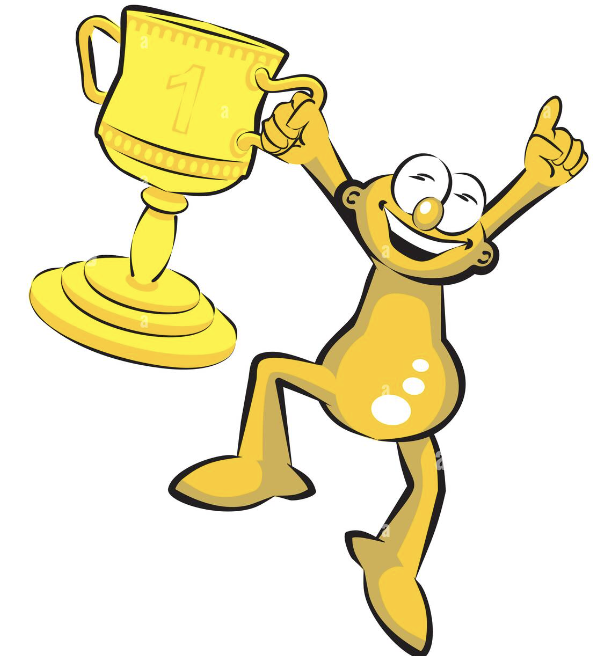
-
Learning Intentions:
- To investigate the skills needed to make a team successful
- To identify the personality traits of ourselves and of our team members (to make our teams more effective)Success Criteria:
- We can explain what makes a team successful at solving problems.
Successful teams require diverse skills & attributes
- We understand both our own, and our team members' personality types
- We can explain how personality types might affect the team.
The activities in Google Classroom help you understand what you and other team members bring to the team.
Having a range of personalities and perspectives helps the team "think outside the box" for innovative solutions. -
Learning Intentions:
- To investigate the meaning of Social Enterprise
- To identify the outcomes we want from the course
- To develop curiosity and to generate different types of questionSuccess Criteria:
- We can explain 'social enterprise' & give local examples.
- We've identified questions we want answered in Year 9 Enterprise.In your small group,
- decide what is meant by a 'Social Enterprise'.
- find examples of other social enterprises.
- read the article below (or listen to the radio interview).
Discuss skills & attributes the people who started Share a Pair show.
- look at the examples of Auckland social enterprises below.
Discuss which ones you most like.Resources
- Share a Pair charity (article in Stuff.co.nz)
stuff.co.nz/putting-shoes-on-the-feet-of-children-in-need - Share a Pair charity (radio item on RadioNZ)
https://www.rnz.co.nz/audio/player?audio_id=2018781201 - Examples of Social Enterprises in Auckland
thespinoff.co.nz/a-guide-to-the-top-social-enterprises-in-nz-right-now/
Open the GDoc 'Investigating Social Enterprise' in GClassroom - Share a Pair charity (article in Stuff.co.nz)
-
Learning Intentions:
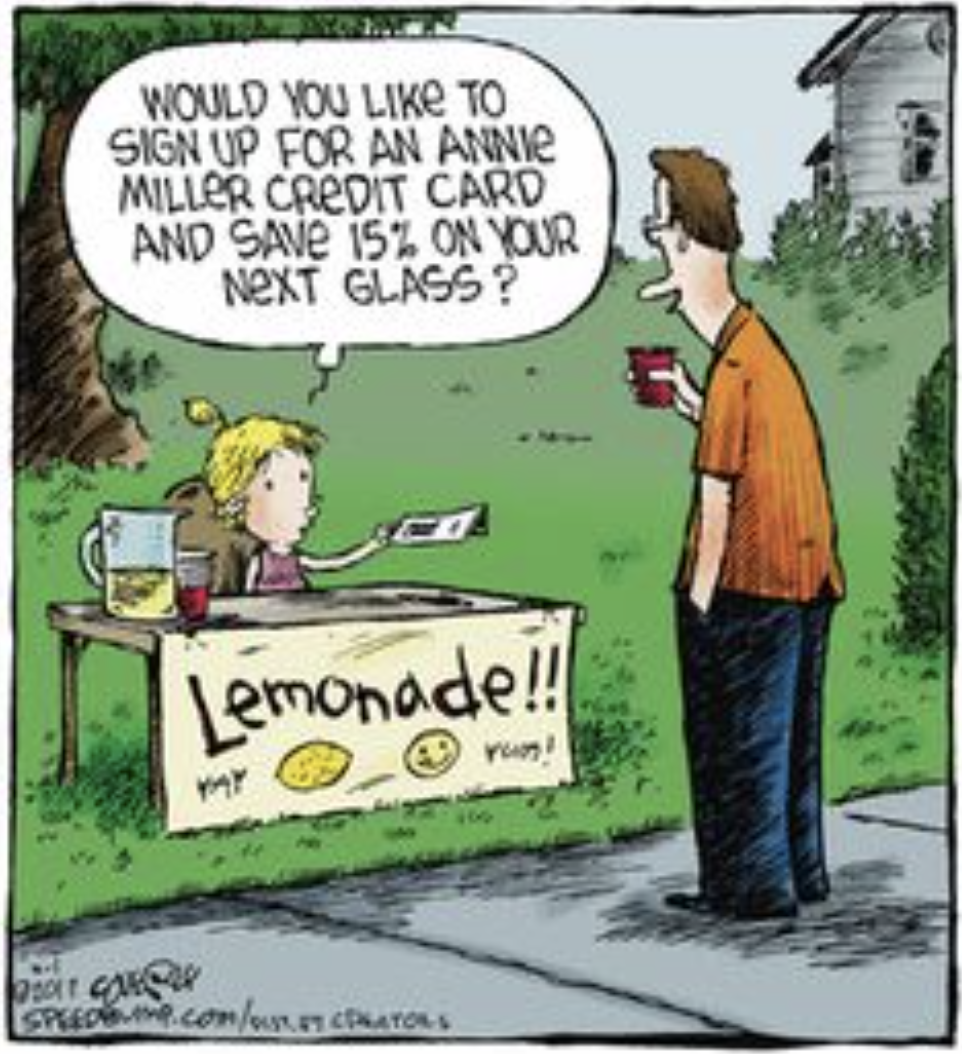
- Discover collaboration in a group can lead to greater success of a product
- Discover the work of successful entrepreneursSuccess Criteria:
Activity
- We understand what is a Social Enterprise and know examples of Social Enterprises
- We have worked well with others (different people) in order to complete a challenging task
- We've identified skills used by successful entrepreneurs.
Discuss the entrepreneurs in this article:
Link to examples of young-NZ-entrepreneurs
Link to products that solve problems you never knew existed! -
Assessment 1 requires you to work as a team to create a product (or service) that solves a local issue or problem.
-
We're exploring local problems and issues, and possible solutions to such problems.
A brainstorm is a dump of words from a group of people that come to mind when they think of a problem or topic.
In our case, we'll brainstorm local problems and then brainstorm possible solutions.
-
We'll focus our ideas to identify one local community issue and a solution that we can implement.
Our Social Enterprise groups will then put the idea into practice and see if the situation improves.
-
We are planning to implement a solution to the local community issue that our groups have each identified.
The plan sets out the why, who, what, where, when, and how of our next steps.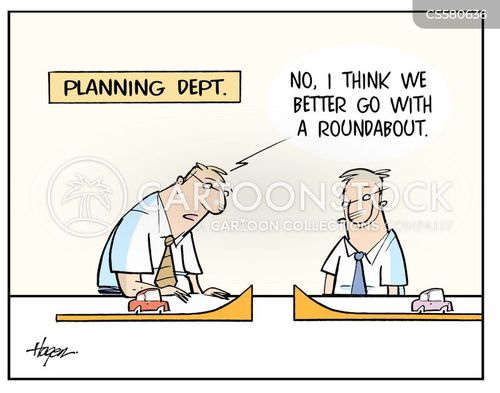
-
We are doing - it's one thing to have an idea, it's another thing to put the idea into action.
At the very least, you'll create a prototype to help people visualise your solution. Better still, you'll perform a real trial as a 'proof of concept' (ie to prove that the solution is workable).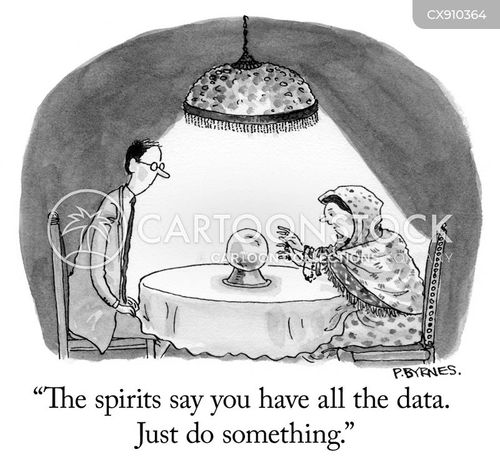
-
Here's the link to submit your Document for Assessment 1.
If you have any problems, please email or see me straight away.
Thanks, Mr Suckling :)
-
Opened: Wednesday, 10 April 2024, 3:00 PMDue: Thursday, 11 April 2024, 4:00 PM
Social Enterprise - local community action
-
-
Learning Intentions:
- To investigate the meaning of words related to finance and money
- To identify what we want to find out more about, related to finances
- To learn ways to manage income & wealth - to achieve our 'life goals'Success Criteria:
- We can explain the meaning of financial terms and vocabulary.
- We can create a budget to inform decisions on earning, spending & saving.In your small group,
Check what you already know by completing the 'Do now' activity called Financial Literacy (in GClassroom).
Use this GDoc to type answers to the activities in the PDF doc called Hot Topic - Budgeting' (also in GClassroom). -
Learning Intentions:
- To investigate the meaning of words related to finance and money
- To identify what we want to find out more about, related to finances
- To learn ways to manage income & wealth - to achieve our 'life goals'Success Criteria:
- We can explain the meaning of financial terms and vocabulary.
- We can create a budget to inform decisions on earning, spending & saving. -
Learning Intentions:
- To investigate the meaning of interest, both earned and paid.
- To learn ways to manage income & wealth - to achieve our 'life goals'Success Criteria:
- We can explain the meaning of interest and how banks make their profit.
- We can explain various types of bank account and compare interest rates.In your small group,
We'll work on the Banking activities in GClassroom. -
Learning Intentions:
- To investigate the meaning of interest, both earned and paid.
- To learn ways to manage income & wealth - to achieve our 'life goals'Success Criteria:
- We can explain the meaning of interest and how banks make their profit.
- We can explain various types of bank account and compare interest rates. -
Learning Intentions:
- To investigate the meaning of Saving, Investment, Capital Gain, and other related terms.
- To experience buying various assets and calculating %gain.Success Criteria:
- We can calculate %gain and understand graphs of value over different time frames
Included in this learning are:
- We understand the relationship between risk and reward, and can explain the pros & cons of different investment assets.- How banks make money
- What is a share and a dividend
- etc
-
Learning Intentions:
- To investigate the meaning of Saving, Investment, Capital Gain, and other related terms.
- To experience buying various assets and calculating %gain.Success Criteria:
- We can calculate %gain and understand graphs of value over different time frames
- We understand the relationship between risk and reward, and can explain the pros & cons of different investment assets.
Gold price graph over the last year:
-
Learning Intentions:
- To investigate the concept of 'added value' by creating an environmentally sustainable product from local, natural raw materials.
- To experience completing a Business Plan: delegating tasks to team members, and managing time and workload.Success Criteria:
- We can add value to natural materials (eg wood, shells) to create products to sell at a profit.
A Business Plan is a way to coordinate the members of the team so you work smarter, not harder.
- We can complete a Business Plan, that is persuasive and well-researched (Finance, Marketing, Production).
It's also a way to share your product idea and business set up with potential investors and partners.
The product ideas below are original, if not good for the environment!

-
Kia ora 9ENT1 students,

We're starting to prepare for Market Day Term 4 Week 2.
Learning Intentions:
To investigate the meaning of concepts and terms related to 'markets'.
Understand what a target audience is.Success Criteria:
I can describe different types of markets.
I can explain key terms related to 'markets'.Activity
Circulate round the classroom, writing your understanding of the words posted on the walls.
You can search the internet when you are not sure. Words will include: Market, Consumer, Retail, Price, Goods & Services, Profit, Marketing, Consumer Rights, etc.1 Brainstorm words related to "Markets" (think who? how? how much? Are there dangers of using markets? How are you protected?
Trading a paperclip for a house!
2 What is a Market?
3 Examples of Markets
-
Learning Intentions

To recognise in practice the forces that impact market prices
To understand the challenges of bartering and the benefits to exchange of using 'money'.Success Criteria
I am aware of barter and the role of money in aiding exchange.
I can explain forces that affect the market price of a product.Trading Activity (Skittles)
See GClassroom for full instructions and GDocs to complete.Each student starts with 10 Skittles. There are different numbers of each colour available.
Trade with other students by swapping Skittles of one colour with Skittles of another colour.You may swap different amounts (eg 1 orange with 4 green)
The winning trader will hold all 5 colours and have more Skittles than others with all 5 colours.Questions (in GClassroom GDoc)
1. Reflecting on the Skittles trading activity, state what trends you can see in the different values of the 5 colours.
2. We can think of the exchange values as the price of each colour.
Explain why the values (or ‘prices’) of each colour might be different. In other words, what affects the price of each colour?
3. What is bartering? State whether you were ‘bartering’ when you were exchanging (swapping) Skittles?
4. Why might it be difficult to barter in everyday life (eg at the supermarket, in a clothes shop, taking a bus journey, etc)?
5. What might be an advantage of ‘bartering’?
6. Explain how official money, such as the NZ$, makes trade (exchange) easier?
7. Explain how a ‘Green Dollar’ scheme work? (read https://www.nzherald.co.nz/business/meet-the-green-dollar
8. Explain what Crypto-currency is. -
Learning Intentions:
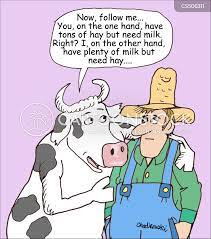
To investigate the meaning of concepts and terms related to 'markets'.
Understand what is target audienceSuccess Criteria:
I can describe different types of markets.
I can explain key terms related to 'markets'.Activity
Circulate round the classroom, writing your understanding of the words posted on the walls.
You can search the internet when you are not sure. Words will include: Barter, Added Value, etcWhat do these words mean? barter, exchange, price, sales revenue, added value, resource, profit, retail.
-
Assessment 2 information
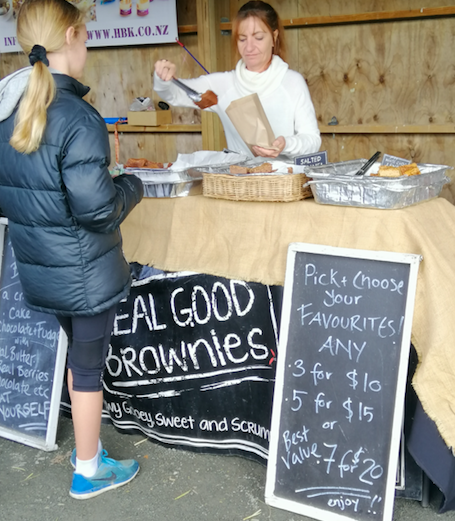
Assessment 2 will be based on your work towards Market Day.
You'll produce a group Business Plan for your Market Day business and product. The deadline for submitting the Plan will be Term 4 Week 3.Market Day
Market Day is Term 4 Week 2 Tuesday (22nd October) from 1pm to 1:50pm.
Food items are NOT allowed in Year 9.
Rules:- No on-selling existing products - make products from raw materials.
- Products should be original and creative, and displays should be of high quality.
- A product is
- a good (artwork, craft, food, soap, plants, etc) or
- a service (wash, paint, advertise, organise, etc - No using the MHJC Tech rooms.
- Maximum of 4 group members
- Your team can decide which charity to donate any profits to - this is Social Enterprise Studies!
- Promotion & Advertising on Whanau TVs or posters must have permission from Whanau senior leaders.
- On Market Day, remove all signs; don't leave 'bike shed' until teacher OKs it.
-
An editable copy of the Business Plan template is issued in GClassroom.
You should use this and then submit a PDF of it by the Week 3 deadline.
-
-
Opened: Monday, 28 October 2024, 12:00 AMDue: Thursday, 31 October 2024, 11:00 PM
-

